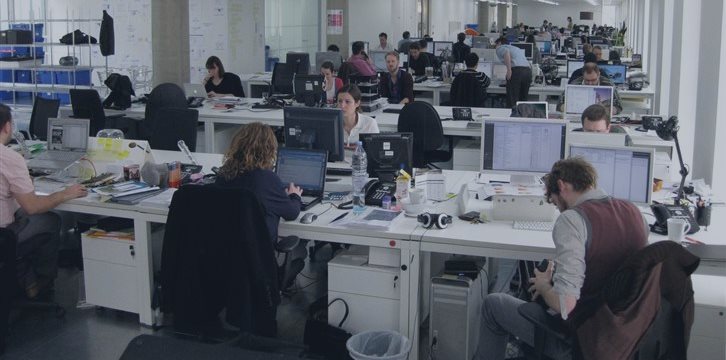
WEEKLY DIGEST 2014, November 09 - 16 for High Frequency Trading Review
mql5 blog post.
High-Frequency Traders Turn to the Online Ad Market.
$9.3b value of online display ads sold via auctions this year.
"We see almost 60 tons a week being delivered on the Shanghai Gold Exchange. Well, you start annualizing 60 tons a week you’re talking 3,000 tons a year now. We saw 94 tons of gold go into India in September. We saw the Russian Central Bank buy 37 tons of gold in September. I mean I could come up with numbers that might suggest that we’ve got 400 tons a week of demand. And we only got 230 tons a week of mine supply. And I’ve only gotten to three data points. I haven’t even gone to the rest of the world. We’ve now created a situation unfortunately in the market where between high frequency trading and algorithms and interference by the planers they can make things happen that looks like everything is OK. And it’s the "OK" part where I think we can really relate to gold not being allowed to go up. Because that's the canary in the coal mine. If gold was above $2,000 we’d all be wondering: What the hell is going on here? And so they haven’t allowed it to happen."
How Trading Algorithms Are Created."Financial constraints are also an issue. Commissions rack up very quickly with a high frequency trading strategy so make sure you're with the lowest cost broker available, and that the profit potential of each trade warrants paying those commissions, potentially many times a day. Starting capital is also a consideration. Different markets and financial products require different amounts capital. If day trading stocks you'll need at least $25,000 (more is recommended) but trading forex or futures you can potentially start with less."
Quants: What They Do and How They've Evolved.
"Quantitative Trading
involves the use of computer algorithms and programs based on simple
or complex mathematical models to identify and capitalize on available
trading opportunities. At the back end, quant trading also involves
research work on historical data with an aim to identify profit
opportunities. Quant trading is widely used at individual and
institutional levels for high frequency, algorithmic, arbitrage and automated trading. Traders involved in such quantitative analysis and related trading activities are commonly known as quants or quant traders."
"This month I'm not very happy—I think too much pressure," Ma said. "I try to make myself happy no, because I know that if I'm not happy my colleagues are not happy, and my shareholders are not happy, and my customers are not happy."
Will HFTs force a market redesign?
"Notwithstanding the evident benefits of HFT in electronic markets, many market participants have argued that some HFT practitioners utilize trading techniques that are detrimental to the well-functioning of financial markets. Some of the trading techniques are spoofing, layering, and quote stuffing. Chicago Federal Reserve paper: Recommendations for Equitable Allocation of Trades in High Frequency Trading Environments, July 10, 2014."
US Regulator Reviews High-Frequency Trading – Ready for Changes If Necessary.
"SEC chairperson has reassured financial markets that HFT is being addressed and that the regulator will make changes if deemed necessary. The main financial markets regulator in the US, the Securities Exchange Commission’s Chair, Mary Jo White, commented about HFT in an interview with Bloomberg."
High-frequency trading hits online ad exchanges."Advertisers buy Internet spots in ad exchanges, where space is sold to the highest bidder," Ms. Bloomfield writes. "Even before ads reach the desired audience, they change hands in a complex volley of electronic trades between websites, ad space aggregators, exchanges, data analysts and ad agencies. That’s where the arbitragers come in. Using their own programs, they ferret out underpriced ads and resell them."


